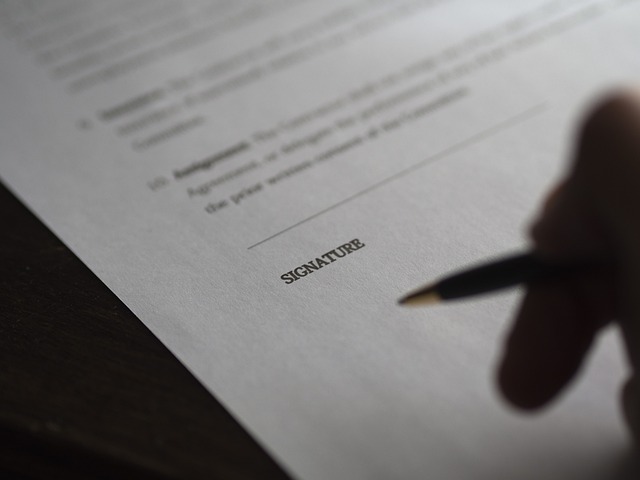
Glamour, flashbulbs and an international career – this is how numerous supposed modelling agencies lure young people who dream of breaking into the fashion business. But behind the glittering promises often lies a dangerous business model that destroys dreams and leaves those affected with high costs.
Invitations reach interested parties by email, post or social media. They offer photo shoots, advertising clips or music videos, often with the note that participation is free of charge. The castings often take place in hotels, accompanied by a hectic atmosphere and noisy rooms where applicants are quickly pressured into signing.
The agencies have impressive-sounding names such as ‘Actors Up!’, ‘Essential Casting’ or ‘Castington’. But the reality is sobering: for a long time, behind these international facades was a Berlin-based letterbox company – ‘Lorraine Media GmbH’.
The business model always follows the same pattern. Anyone who wants to progress in the casting must sign a contract for ‘Modelsweek’. This costs several hundred euros and is supposedly a prerequisite for a so-called comp card shoot. But in reality, the comp card is nothing more than a paid advertisement for one’s own cause. The website ‘modelsweek.de’ listed over 9,000 profiles of women, men and even children – most of whom never received any assignments. This is because the agency itself did not provide any clients. A job only came about if, by chance, an interested party found the profile and contacted the model directly.
In contrast, reputable modelling agencies take on the financial risk. They invest in comp cards, organise shootings and actively arrange jobs. They only receive a commission when a model is actually booked.
Many of those affected describe distressing experiences. One woman reports that she had to sign several forms in the noisy casting environment without understanding their content. Another recalls a ‘scout consultant’ who promised her daughter great potential while at the same time pressuring her to sign immediately. One victim describes how he was overwhelmed by the euphoria and pressure from the consultants – and ended up signing contracts against his will.
Particularly perfidious: several websites such as ‘modelabzocke.com’ and ‘widerrufen.org’ claimed that revocation was not possible anyway. In this way, Lorraine Media attempted to reinforce the image that victims had no rights. However, the opposite is true: since hotel castings are so-called off-premises contracts, there is indeed a statutory right of withdrawal of 14 days. This has also been confirmed by court rulings in which the company’s lawsuits were dismissed.
The website of Lorraine Media GmbH is now offline and the company has been dissolved.
However, similar scams keep cropping up. Therefore, caution is advised:
– Never sign contracts in the heat of the moment.
– Read documents thoroughly or have them checked by a solicitor.
– Be sceptical if money is demanded in advance.
Anyone who has already signed should revoke the contract immediately and prevent automatic renewal. Consumer protection agencies advise not to be intimidated by threats and to seek legal assistance if necessary.
This case clearly shows that even in a world that glitters on the outside, there are dark sides lurking. The dream of a modelling career must not lead to a cost trap. Hope for the future means learning from the mistakes of the past, not blindly trusting dubious promises – and paving the way for young talents to enter a fair and safe industry.
Translated by Anna Smith
#ModelCastings #LorraineMediaGmbH #Betrugsmasche #KostenpflichtigeAnzeige #SeriöseModelagenturen #ModellebenzurKostenfalle #Falsche Modeljobs #AgainstHumanTrafficking #GegenMenschenhandel #EndExploitation #EndTrafficking #HopeForTheFuture #Österreich
